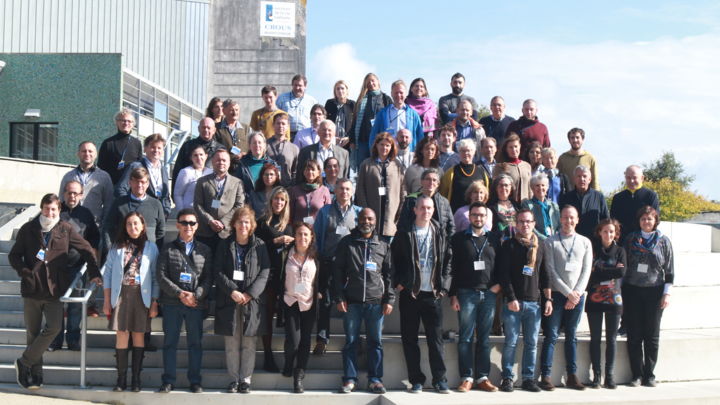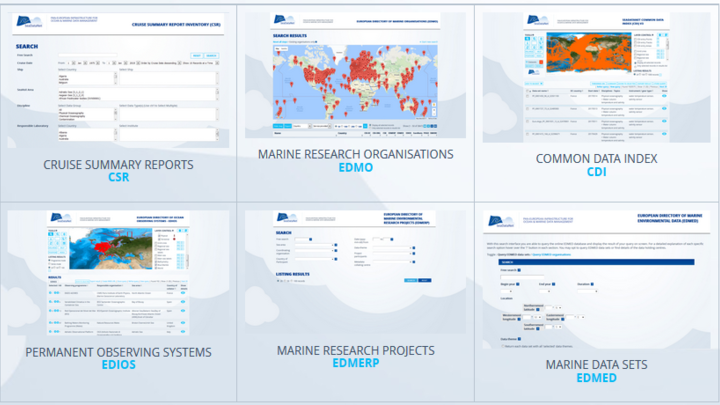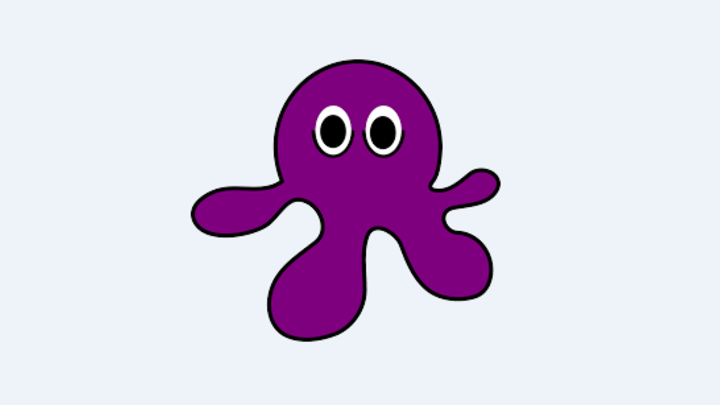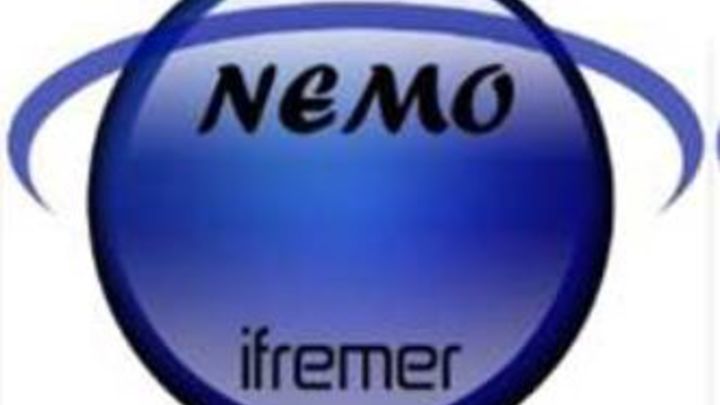CSR
Cruise Summary Reports (CSR = former ROSCOPs) are the usual means in SeaDataNet for reporting on cruises or field experiments at sea. Traditionally, it is the Chief Scientist's obligation to submit a CSR to his/her National Oceanographic Data Centre (NODC) not later than two weeks after the cruise. This provides a first level inventory of measurements and samples collected at sea. Information such as the ship track, objectives of the cruise and principal investigators contacts are also included among other metadata elements tested to be useful in by the marine community practice.
Currently, the Cruise Summary Reports directory covers cruises from 1873 till today from more than 2.000 research vessels: a total of nearly 58.000 cruises, in all European waters and global oceans. This also includes historic CSRs from European countries that have been loaded from the ICES database from 1960 onwards.
SeaDataNet CSR profile of ISO 19139 metadata - INSPIRE compliant
The Cruise Summary Report (CSR) metadata format is based upon the ISO19115 content standard and both its content and XML coding have been upgraded in September 2013 to the ISO19139 schema and made INSPIRE compliant. Also the MIKADO software has been upgraded so that it can work with and produce CSR XML files that are following the upgraded CSR content and XML format. It should be noted that the content upgrading also concerned migrating to the new Vocabularies (NVS2.0). Provisions have been made in the MIKADO software to read both the previous and the new CSR XML files and to export both in the new XML format, ensuring upwards compatibility.
The CSR metadata content is supported for many metadata tags by the SeaDataNet common vocabularies and EDMO directory (organisations), and over time extra optional elements have been included for bibliography and EDMERP directory (project) references. This way, the CSR metadata is striving for maximum FAIRness. The FAIR concept relates to “Data and services that should be Findable, Accessible, Interoperable, and Re-usable, both for machines and for people.”
The CSR format analyses has been performed by CNR, with support and feedback from MARIS, BSH, IFREMER, BODC. As a result of the standardization, interoperability with international initiatives and communities, such as OGC, INSPIRE and GEOSS is foreseen, as well as a wider, international outreach of SeaDataNet.
More recently (December 2019), activities have been concluded in discussion and cooperation with the INSPIRE team at EU-JRC to update the CSR XML coding in full compliance with the latest INSPIRE ISO19139 metadata schema. This can be validated using the latest version of the new ETF validator of INSPIRE. Whereby one has to select metadata for interoperability as the target conformance class.
On this web page you will find the latest CSR profile documentation. Furthermore related documentation has been prepared which defines and details the XML schema implementation for this metadata profile, based on the XML schema defined in ISO 19139:2006 TS plus additional definitions and Schematron rules.
Documentation
SeaDataNet CSR profile excel file - content fields and vocabs used:
XML encoding
Official schemas
Valid CSR documents MUST validate against both the XML Schema and Schematron rules published online in this section.
Remarks: The original ISO 19139 Schema consists of a group of XSD's. But this set-up has been altered and the new overall XSD has been created as given above. It has import links to ISO XSDs which are based at the ISO website. In addition the Schematron Rules are needed.
Extension Information (XML):
ISO 19139 - CSR Extension Information
Remarks: This xml file contains machine readable information about the extensions included in the profile; ISO19139 clients can take advantage of this information to correctly edit/visualize CSR metadata.
Offline schemas package
Remarks: Together the 2 schema files given above are sufficient for validating CSR XML entries, but only when on-line. Therefore also a larger offline schema package has been created that can be used for offline use. It should be warned that this version is provided for offline use only. Note that schematron rules may require access to online code lists catalogues and vocabularies.
Samples
Implementation
The implementation and gradual updating of the CSR ISO 19139 format and schema in the SeaDataNet CSR service requires also gradual upgrading of related tools and services, such as the MIKADO XML editor, and the CSR portal software. Because the CSR ISO 19139 format is based upon the same content model it has been possible to transform the present CSR metadatabase automatically, securing operations while upgrading.
Using the ISO 19139 Schema also allows for SeaDataNet adopting OGC CS-W services for upgrading the maintenance process of the CSR service. The updating of the central portal can take place by harvesting from the distributed data centres, using a CS-W component.
Validation
Validity of CSR documents can be checked with various tools, amongst them:
- Mikado of course is the tool of choice for the SeaDataNet community
- Oxygen XML editor v. 19.0
- having support to both XSD schema and Schematron rules
- Oxygen XML editor v. 20.1
- having support to both XSD schema and Schematron rules






